8 ways to automate common design tasks
Make your life easier with these top automation tools.
Whether you're excited about the possibilities of AI in design, or are terrified that the robots will come and steal your job, one thing's for sure – the right kind of automation can save us all time.
You may already be taking full advantage of pre-programmed Actions in your favourite Creative Cloud program, for instance, to speed up your workflow and cut down on repetitive tasks. Good for you.
But have you considered how other time-sucking jobs could be automated? Read on for eight invaluable tools for designers that can help automate common business tasks, so you have more time to be creative...
01. Automate time-draining email tasks
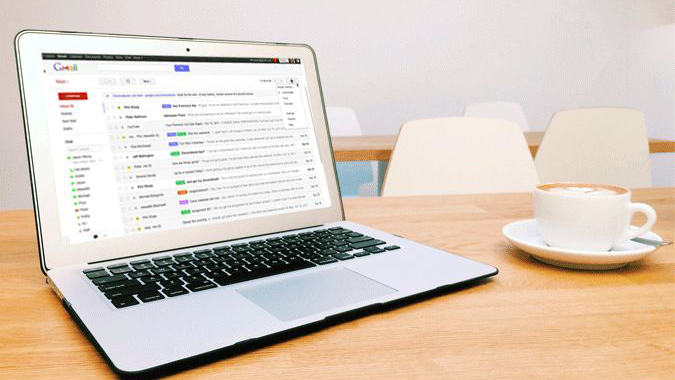
Email can eat up hours of the day if you don't manage it carefully. One popular technique to keep it at bay is to check your inbox only at particular times of the day, to avoid new messages acting as constant distraction.
There are also plenty of ways to automate certain tasks within your email inbox to reduce that daily hassle even more. First and foremost is an autoresponder, a function available with almost all email clients.
These don't have to be restricted to out-of-office alerts when you're unavailable. Autoresponders can also be used to tell people when they can expect to hear back from you (keeping anxious clients who expect immediate responses at bay), as well as outlining circumstances in which you won't reply.
You can include your soonest availability – sure, you may need to update it regularly, but at least you only have to do it once each time. By setting up rules and filters within your inbox, you can also tailor responses according to key groups, such as current or past clients.
02. Do common tasks at the touch of a bttn
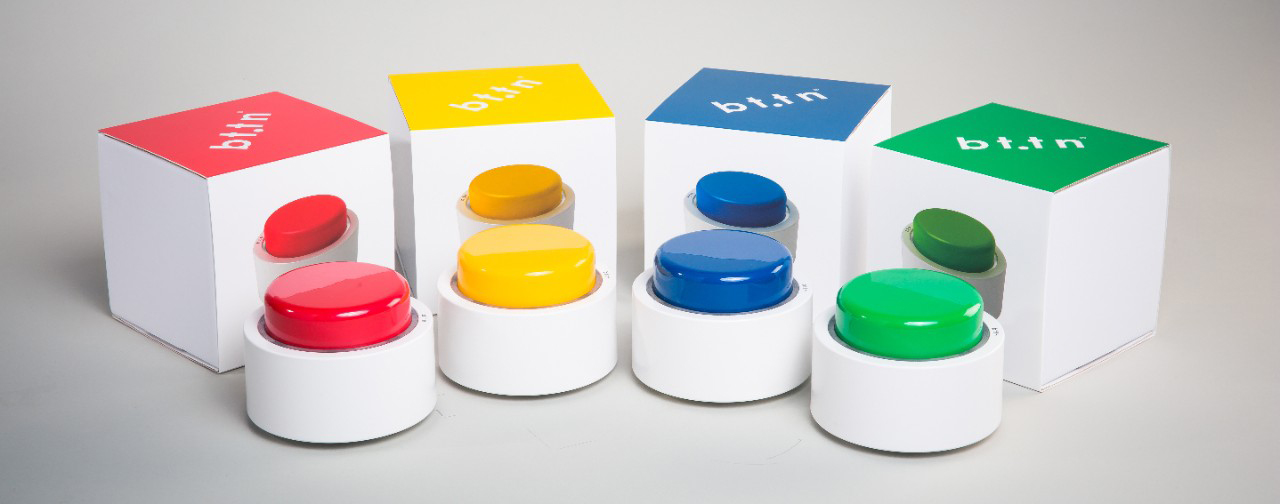
Most of the tools on this list are digital apps that streamline how you do run your design business. But we're kicking things off with something delightfully analogue.
Available in a range of colours for all your dramatic button-pushing needs, a bttn is an enormously satisfying way to automate everything from a simple action to a whole workflow, just by slamming your fist on your desk.
It either comes Wi-Fi enabled, or with a 12-month 2G data plan – and can be programmed as a simple shortcut to anything from reordering supplies, to booking your favourite meeting room, to booking a taxi.
03. Automate repetitive social updates
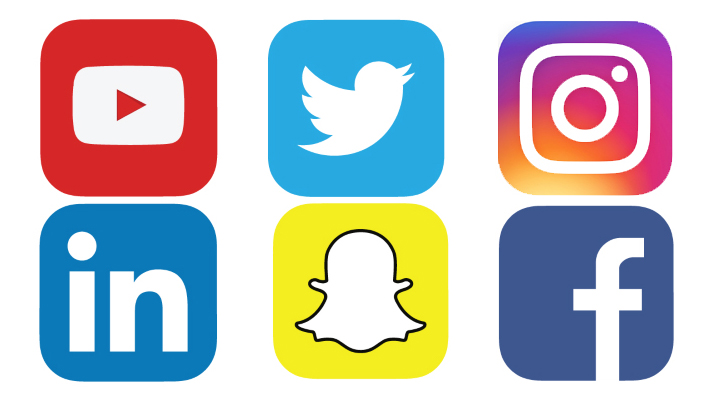
Social media is a personal, conversational thing, and to build your brand effectively online you need to engage in conversations, comment and reply to people – this is the kind of thing that can't be automated.
But it is possible to automate more repetitive social tasks that are tied to your marketing and self-promotion efforts. Scheduling tweets or posts – particularly for campaigns that run over several days or weeks, any particular times of day – is an absolute no-brainer, and can be done using tools such as Hootsuite or Buffer.
You can also save a lot of time by linking your social channels together, particularly for portfolio updates. Using feeds from Instagram, or Flickr, or YouTube, or whatever your platform of choice is, you can automatically populate Twitter, Facebook or LinkedIn with updates, for example.
As with email, to aid your productivity you can also be selective about when you do so to cut down on the constant distractions that social media notifications can cause.
04. Automate invoice chasing with FreshBooks
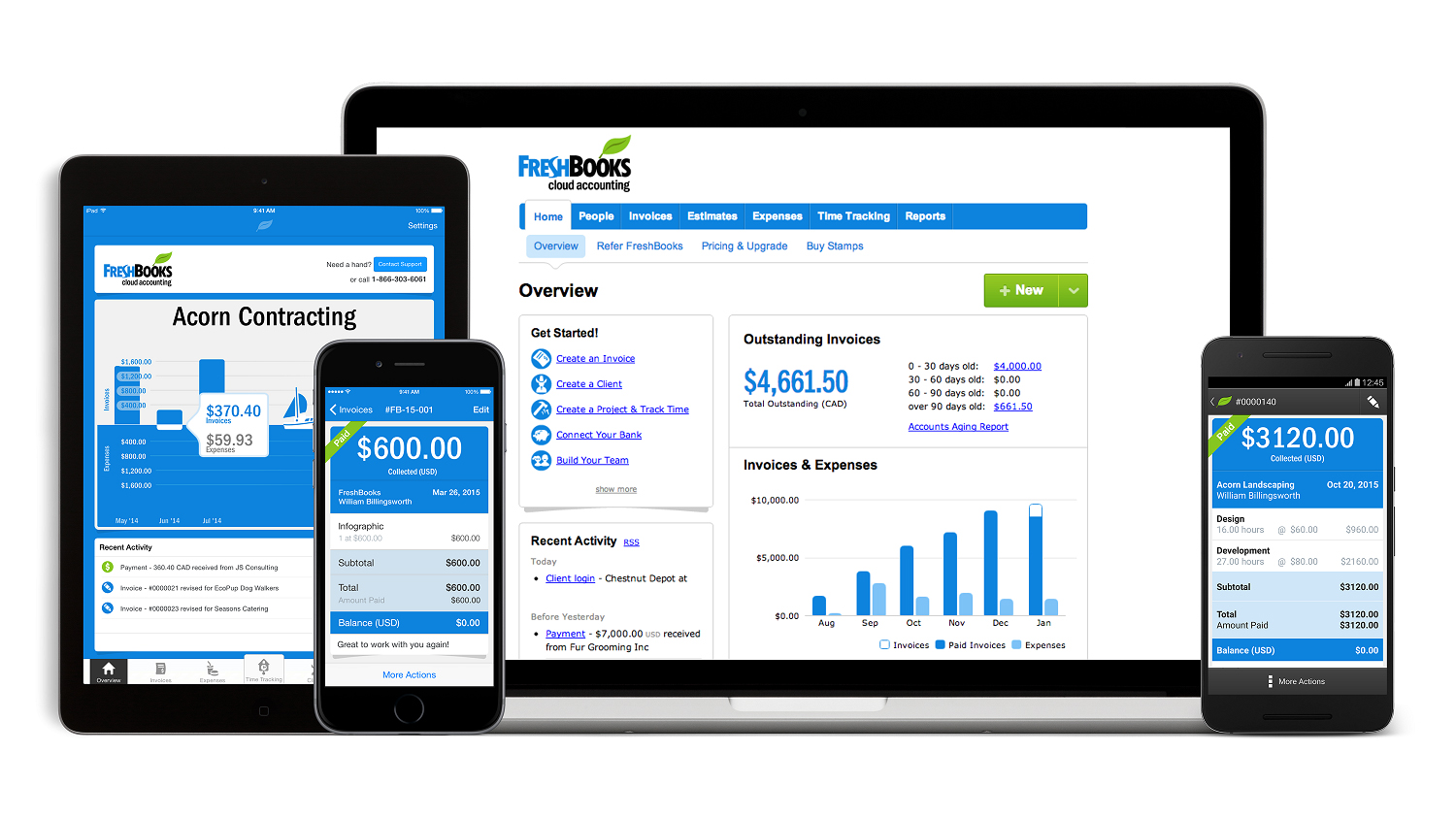
One of the most soul-destroying, and time-consuming, tasks for freelancers is the necessary evil of invoicing clients, and even worse, chasing them up afterwards.
There are many tools available to handle the financial side of running a design business, including keeping track of expenses, invoices and general accounting matters – popular tools for freelancers include FreeAgent and Solo.
FreshBooks is another alternative, pitched at small businesses and freelancer. Following a 30-day free trial, payment plans start from $15/month.
Not only do tools like FreshBooks and FreeAgent automate the creation process for estimates and invoices, you can also set up automatic reminders for late-paying clients, straight from the app – saving you time, as well as cutting back on awkward email follow-ups.
05. Follow-up with clients using Streak
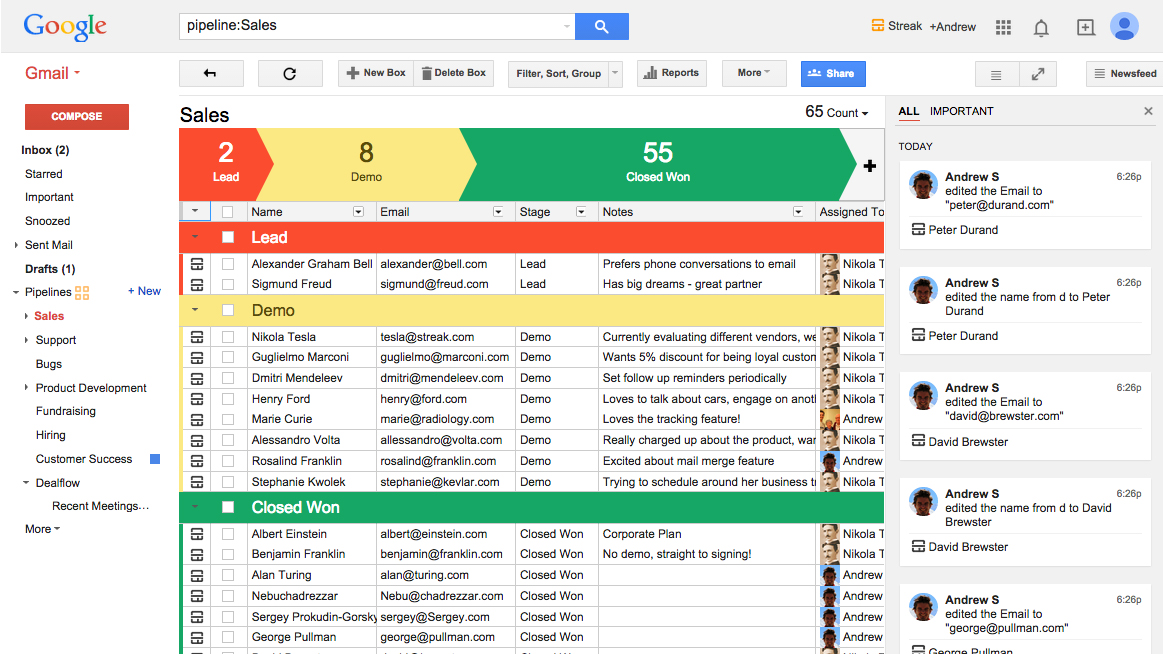
Of course, client relationships are a lot more complex than just sending and chasing invoices – and as with social media scheduling, there's a limit to how automated the process can be without losing the 'relationship' bit.
That's not to say that certain repetitive tasks can't benefit from a bit of careful pre-planning, though. Simple things like a courtesy follow-up 30 days after a project is complete can be easily automated, and kick-start a conversation from there.
Streak is a free Client Relationship Management (CRM) plug-in for Gmail, which enables you to organise clients into different work streams, schedule emails, keep track of projects at different stages and much more.
Key stages of a project that can cause bottlenecks, such as when feedback is due from the client, can also benefit from automated reminders – just make sure the template is suitably customised and written in your voice, so it doesn't seem like a robot is chasing on your behalf.
06. Collect your business receipts with Wave
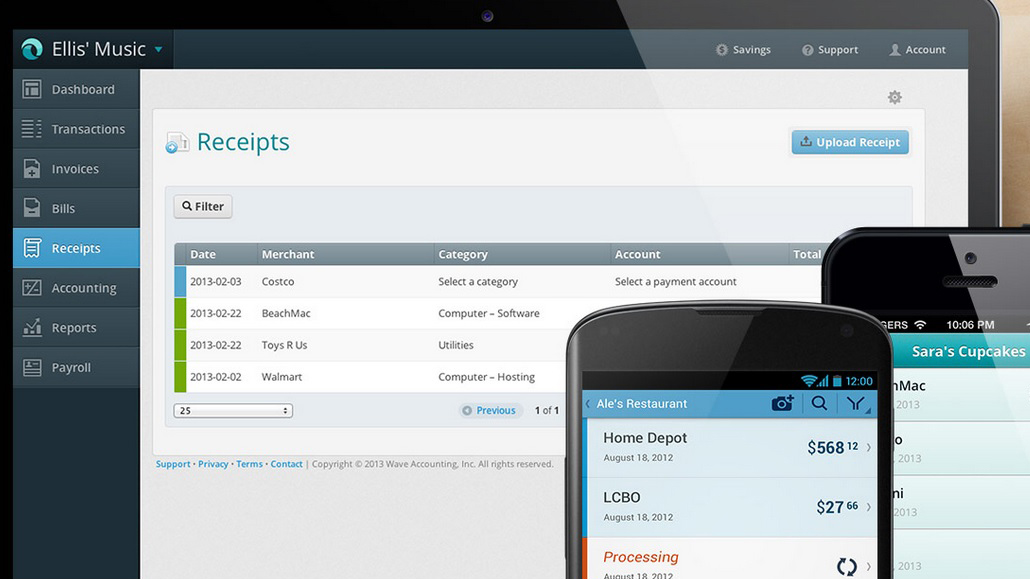
If you currently collect expense receipts in a shoebox and keep your accounts in a rudimentary Excel spreadsheet, there are plenty of tools to make that easier.
As well as chasing clients for you, FreeAgent and FreshBooks also give you the option to automatically import bank transactions – saving a huge amount of time keeping track of, and itemising, expenses.
Another useful book-keeping tool is Wave, which comes with a free app called Wave Receipts. Just take a photo of the receipt, and it'll automatically import it for you. No more panic come tax return day!
07. Send electronic contracts with Hellosign
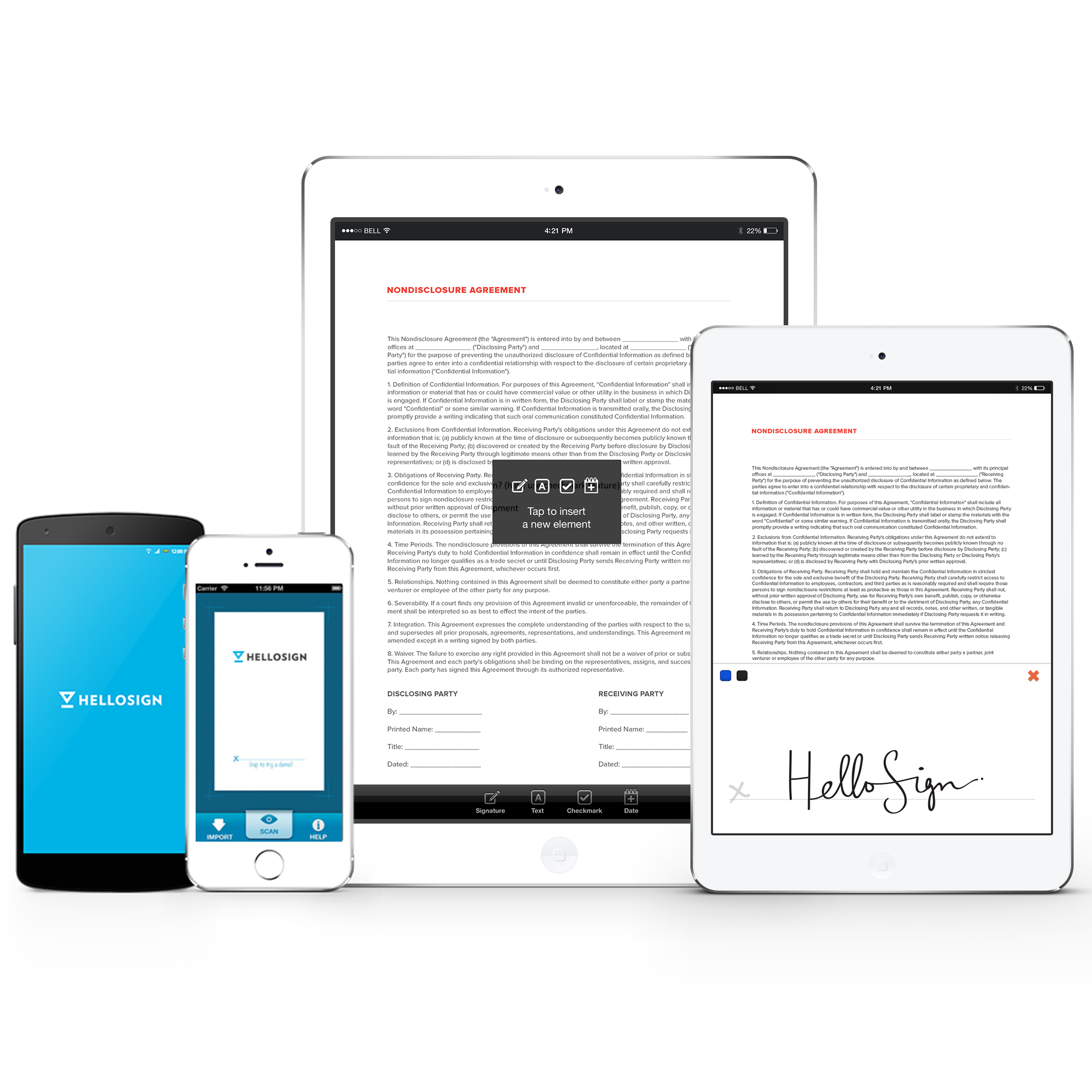
Keeping track of contracts and NDAs can be a time-consuming nightmare, especially when amends need making at both ends before being counter-signed, or different clients need subtle tweaks to be made to the agreement.
Hellosign makes multiple Word doc versions of contracts a thing of the past, by automating the process. You just upload your contract template, customising it with as many editable fields as required.
Each time a client needs a contract, fill in the editable sections within Hellosign, and the app will send it out to them to be signed electronically.
08. Create a reusable project template in Asana
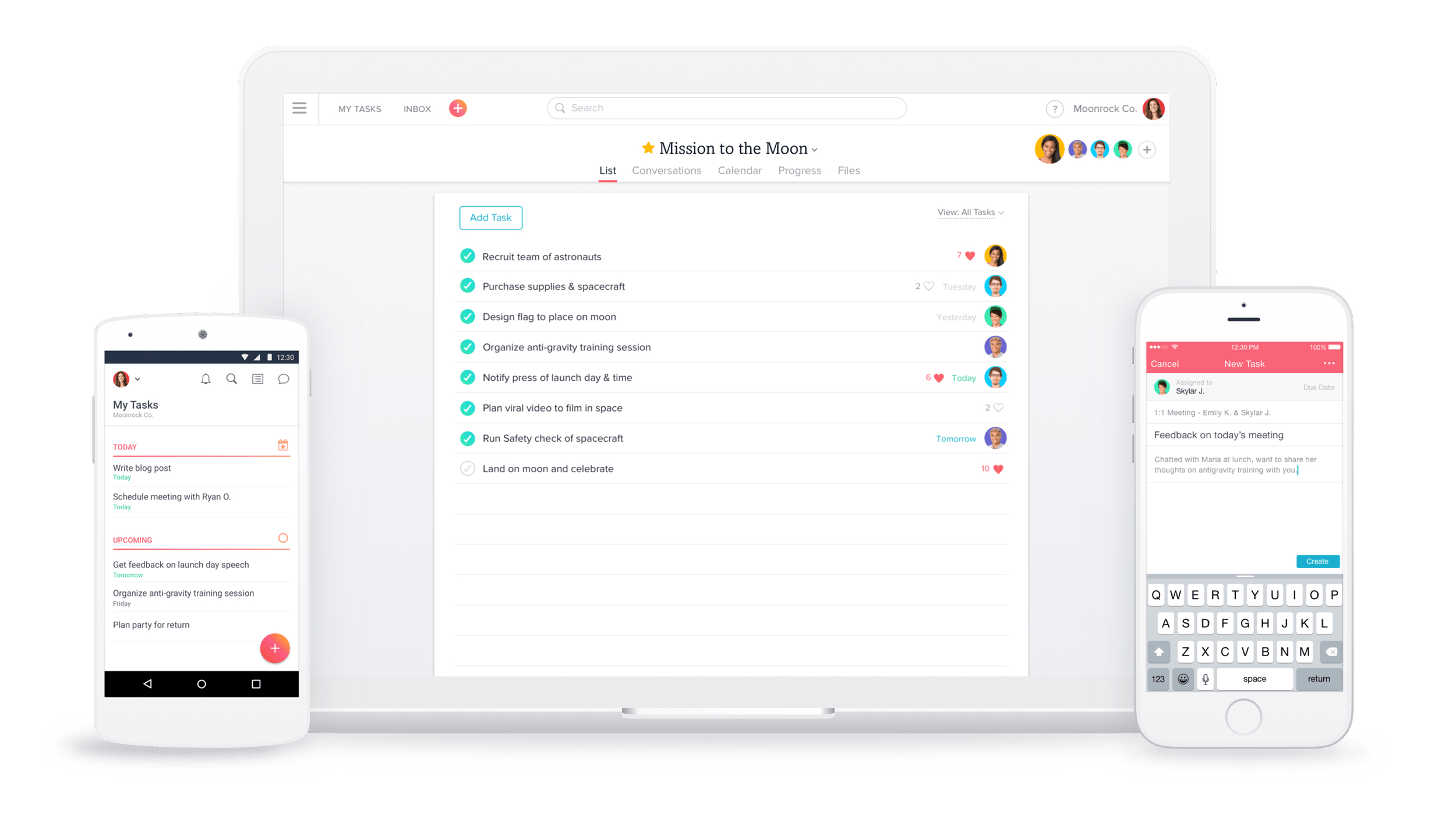
There are plenty of project management and productivity tools for designers out there – two of the most popular are Trello and Asana.
If Asana is your tool of choice, try automating part of the process by setting up a versatile project template that includes all the generic documents, files and tasks that your projects have in common, as well as a standard timeline of key milestones. It'll save you a lot of time adding these each time.
No two projects are identical, but at least it will give you a stable framework to start from and customise as required to suit each client.
Related articles:

Thank you for reading 5 articles this month* Join now for unlimited access
Enjoy your first month for just £1 / $1 / €1
*Read 5 free articles per month without a subscription

Join now for unlimited access
Try first month for just £1 / $1 / €1
Get the Creative Bloq Newsletter
Daily design news, reviews, how-tos and more, as picked by the editors.

Nick has worked with world-class agencies including Wolff Olins, Taxi Studio and Vault49 on brand storytelling, tone of voice and verbal strategy for global brands such as Virgin, TikTok, and Bite Back 2030. Nick launched the Brand Impact Awards in 2013 while editor of Computer Arts, and remains chair of judges. He's written for Creative Bloq on design and branding matters since the site's launch.
